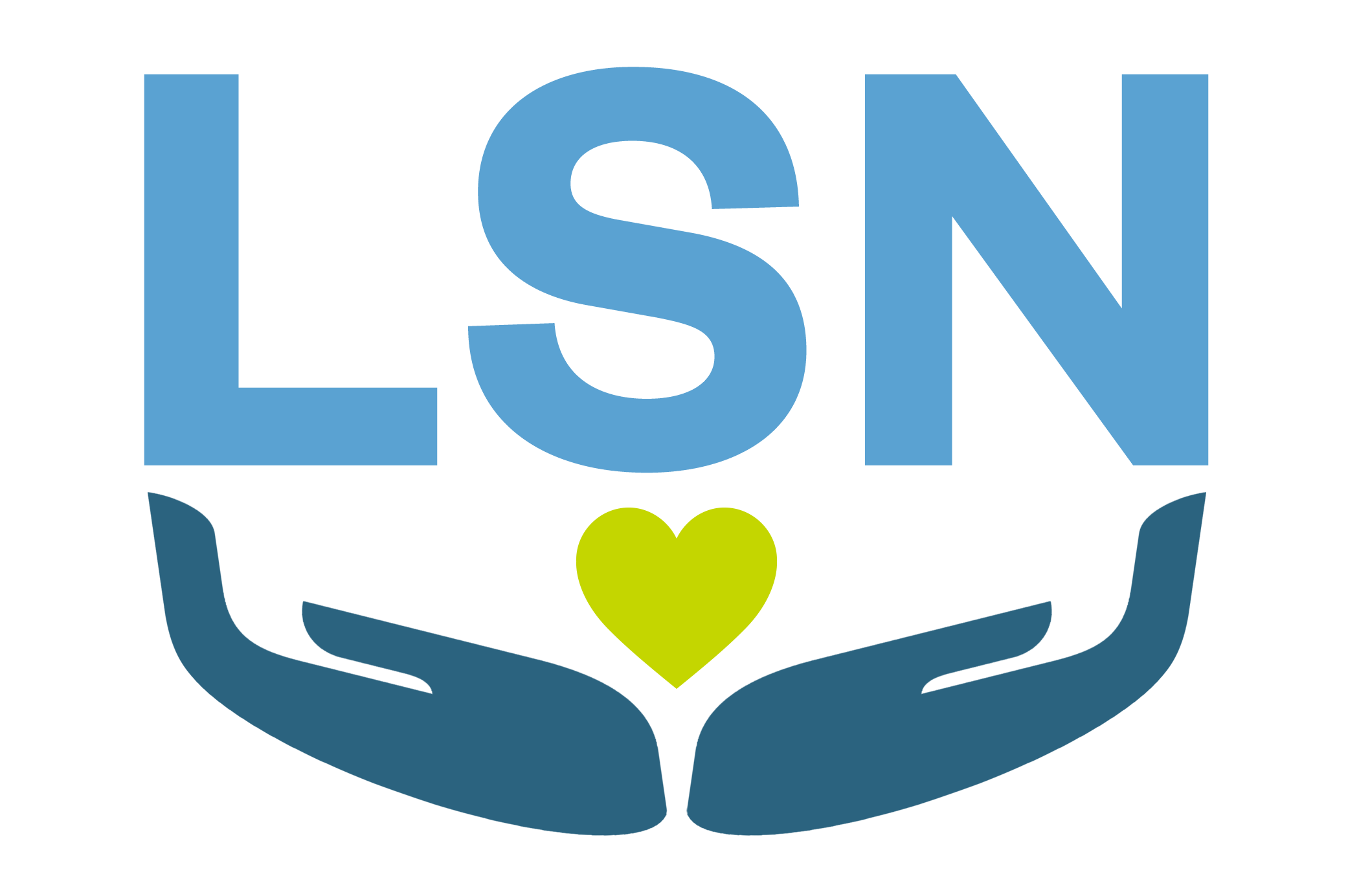Resilience is How You Recharge: Spring Break Edition

Resilience is often misunderstood. A lot of people think of football players when they think of resilience – able to take a hit, pick themselves up off the turf, and go for another play. Well-meaning students trying to celebrate resilience might support each other staying up until 3am trying to finish a paper. Overwork and exhaustion are the opposite of resilience. When we go to class or work exhausted, we don’t have the cognitive resources to do well, we have lower self-control, and we are often all up in our feels.
A resilient person is a well-rested one. Resilience is adapting well in the face of adversity, trauma, tragedy, threats, or stress. It means rebounding from difficult experiences.
A resilient person tries really hard, then stops to rest, then tries again.
The more time a person spends in their performance zone, they more time they need in the recovery zone. So the more imbalanced we become due to overworking, the more benefit we get from activities that allow us to return to a state of balance. In other words, the value of a recovery period rises in proportion to the amount of work required of us.
Most people assume that if you stop doing a task, say you put down your Bio Chem homework, your brain will naturally recover. When you start again the next morning, you’ll have your energy back. But have you ever spent time in bed unable to fall asleep because your brain is thinking about all the things you need to do? That’s one example of resting but in a way that can still leave you feeling exhausted. Rest and recovery are not the same thing. Stopping does not equal recovering.
Recover a bit this week
Internal recovery is the short periods of relaxation that take place throughout our day through short scheduled or unscheduled breaks, shifting our attention, or changing to other tasks when the mental or physical resources required for task completion are depleted.
External recovery refers to actions that take place outside of scheduled work – so evenings, weekends, holidays, vacations. If after your day you lie around and get riled up by news you read on your phone or stress about the paper you have due on Monday, your brain hasn’t received a break from high mental arousal. Our brains need rest as much as our bodies.
External recovery means taking time to do things that are fun, enjoyable, and help you feel good.
- Explore new places
- Go outside
- Move your body
- Remember the things you loved when you had more time to play; do more of them
- Unplug
- Get good sleep
- Eat yummy, nourishing food
- Spend time with people who support and love you
- Experience awe
The best person to know how you best recharge is YOU. Take time to recharge effectively and you’ll be better equipped to face whatever challenges come your way.

